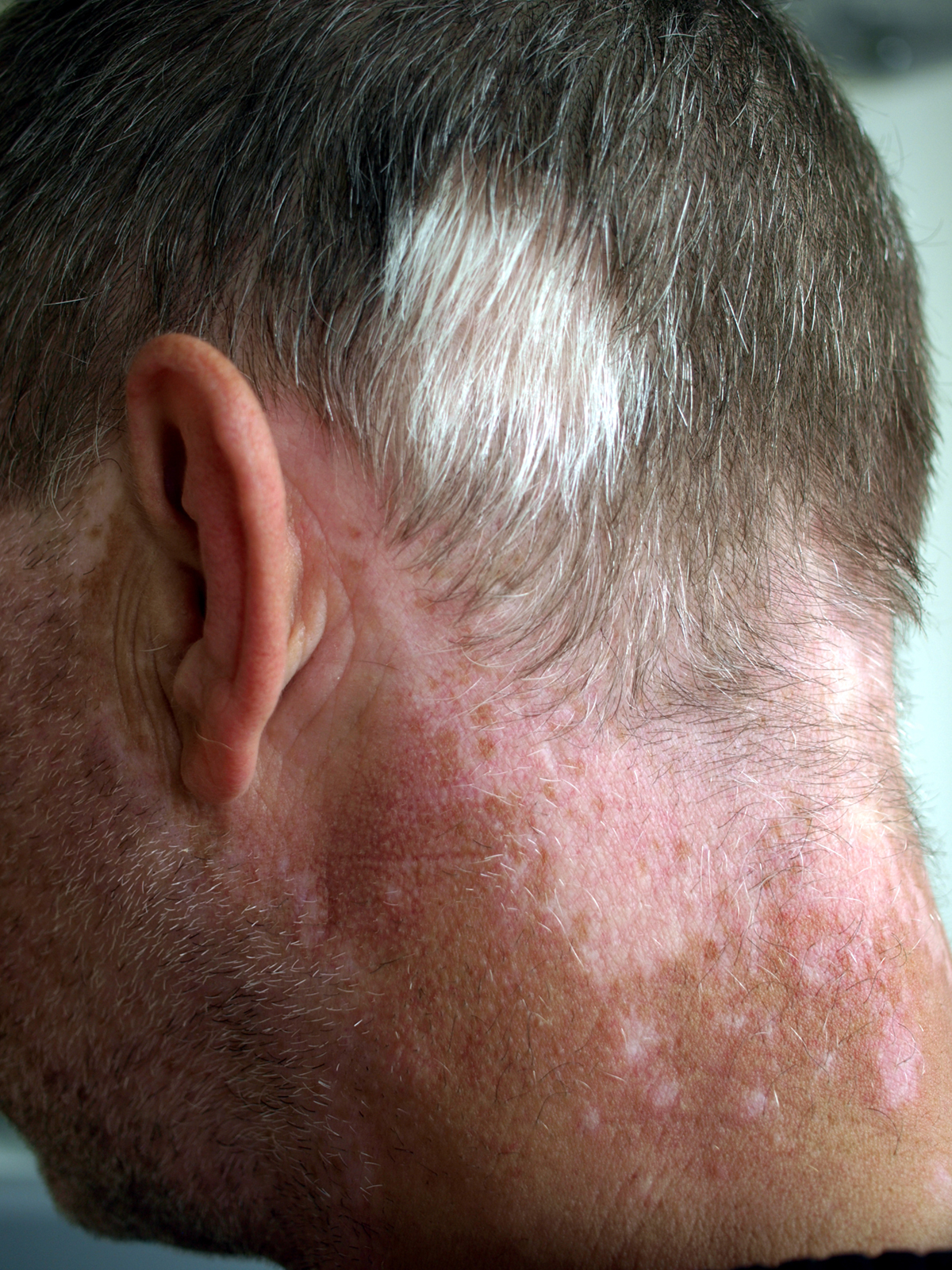
What kind of a disease is vitiligo and what are the main characteristics?
Vitiligo is an autoimmune disorder, chronic in nature, which is characterized by the skin that loses the pigment, which determines the color of the skin, eyes and hair. It can affect practically everyone, regardless of the sex, age, or race, though it is certainly much more noticeable in people who have dark skin. It manifests through the irregular white patches that appear on the skin and that are at first small, but over time, they tend to enlarge, spread and become bigger and bigger. The most common parts of the body that are affected are face, genitalia and umbilicus. Having in mind the visible effect of this condition on the body, it is no wonder that it also has a huge effect on mental health and mood of the people who experience it. It is not rare that they fight depression or some other mood disorders due to this condition.
Why does vitiligo occur and what are the main causes?
There are cells that produce melanin, the dark pigment that gives the skin normal color, and when they begin to die, melanin is not produced in sufficient quantities, which is why this disorder occurs. However, the reason why these cells suddenly begin to die is not known, at least not yet, though some specialists in vitiligo tend to believe that it has something to do with the immune system, since, it is a bit more common among people who suffer from some kind of autoimmune disorder. On the other side, there are cases in which it seems to be hereditary, but it also seems that factors such as emotional distress or even sunburns may trigger it.
The available treatment options
Unfortunately, there is no cure for this condition, but it is possible to keep it under control, and to slow down the progress of it. Among the available options that can be used are also topical corticosteroids and immunomodulators, depigmentation therapy, and several surgery procedures such as analogous skin grafts and blister grafting. Also, it is encouraging that not all the cases require the treatment.


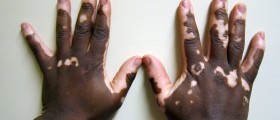
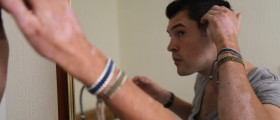
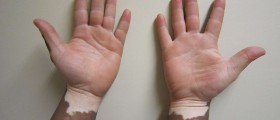


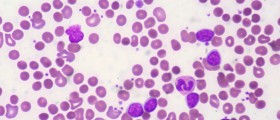

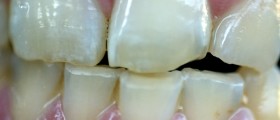





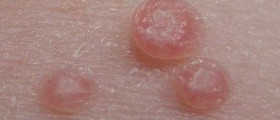
-And-Children-16-Warning-Signs-And-Symptoms_f_280x120.jpg)
Your thoughts on this
Loading...